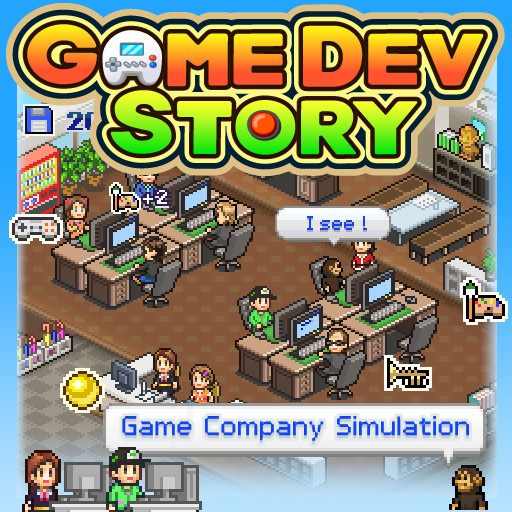
If there’s something weird about games is that we never include people making them. We talk about budget, marketing, art and most of the time what it takes to have a pretty game. We talk about platforms but we forget people. Hundreds of dedicated humans are working hard for you to blow stuff up in open worlds but we only will talk about the publisher or console maker.
I believe people are center. Which is why I’m not satisfied with the state of the industry being either you work in a big studio making a nice living or on the other end you work on your game and you are not doing well at all. In the middle are a few lucky bastards. They shouldn’t be lucky bastards and there should be more of them. We’re hitting $100B of revenue a year soon, worldwide. The pie is big enough.
Another aspect that the news and game journalists narrative doesn’t cover: we’re all the same, we go back and forth between small companies and big ones. We freelance, we consult, we chat with our friends launching small ventures or in big studios etc. Seasoned game developers like me have been through all company sizes, we work on games and it doesn’t really matter if it’s AAA AA indie mobile etc. All that marketing talk doesn’t matter once you’re in the middle of making games. Then you think systems and teamwork and deadlines.
But game people are starting to own the discourse: in the past days and weeks, I saw a wave of “real talk” around game development and I think it is a good sign: The very last one on time spent on optimization. People talking about how Shenmue was overrated openly and how the kickstarter for the number III is a sad trend. Andreas Papathanasis telling the truth about graphic prowess, this article on the cultural fit shenanigans to Game Oven closing shop as well as ToT giving up on making games and an article on where and why Sunset failed.
Failures in games –art games to classic AAA- are people’s failure and organization failures that we could sum up this way: small teams are overworked and can’t do everything, big teams are so specialized that focus is lost.
Sunset would have needed some technical-design adjustments as much as the last Batman should have been tested more thoroughly. And both don’t really have excuses: Tale of Tales, veterans, knew that. There’s no way Rocksteady didn’t know about terrible framerate issues and how PC gamers would lose their shit.
If we respect players by giving them at least the minimum of what they want –a smooth running game-, they will respect us by buying our stuff. That’s how it works for everything else. And that’s how you achieve sustainability too. Hype or not, your mission is to deliver. And delivery means no bullshit.